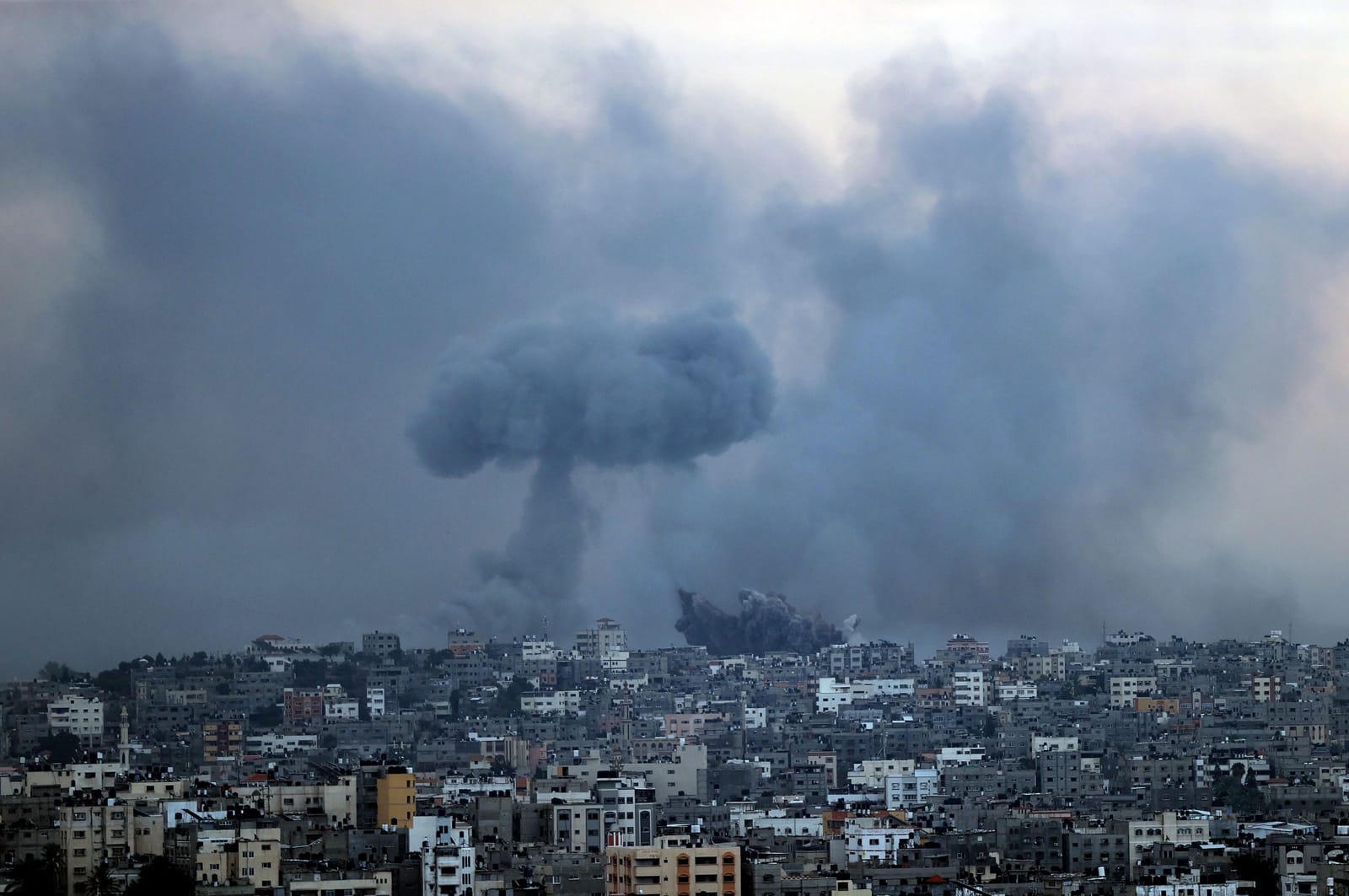It has become a truism that stability and security in the Middle East are inseparable from resolution of the Israeli–Palestinian conflict. Various Palestinian factions made sure of it, constantly reminding Arab nations in words and deeds that so long as the Palestinians remain dispossessed, there will be no normalcy in the region.
However, as the struggle wore on and the two-state solution receded further from view amid Palestinian disunity and Hamas’ terrorism and alignment with Iran, the Palestinian issue ceased to be the same unifying pan-Arab cause it once was. The uprisings of the Arab Spring and Iran’s more aggressive regional posturing preoccupied Arab governments domestically and regionally. The US drawback from the region engrossed them geopolitically. Not only did Arab governments lose patience with Palestinian factions, but the Arab “street” did as well. Solidarity with the Palestinian cause remained but it became a second, even third-order issue as citizens across Arab capitals focused on their own dignity and self-determination, and as conflicts in Syria, Yemen and Libya vied for public attention.
This suited Israel as it sought to create a new paradigm for ensuring its own regional security. Instead of a resolution to the Palestinian conflict as the prerequisite condition, the Netanyahu government pursued instead what some term the “outside in” paradigm – where regional security and normalisation between Israel and Sunni Arab states would marginalise this intractable situation even further. It was an appealing alternative, but what this strategy also did was absolve the Netanyahu government of progressing the peace process in any meaningful way.
It also tempted Sunni Arab governments who sought to benefit from greater alignment with Israel over mutual regional security concerns and potential economic gains. Israel struck normalisation agreements with Bahrain, Morocco and the United Arab Emirates, and was well progressed on one with Saudi Arabia. Even though the negotiations to re-establish normal diplomatic ties between Israel and Saudi Arabia included a condition set out by the Saudis that there would be progress towards the creation of a Palestinian state, it wasn’t a prerequisite. The UAE Foreign Affairs Minister put it more plainly: “Communication with Israel is important and will lead to better results than other paths followed in the past.”
But the desire for regional normalisation and belief in the marginalisation of the Palestinian issue was so great that it distorted Israeli assessments. So captured by this idea that Israel could continue to avoid a resolution to the Palestinian conflict, only a week before Hamas’ surprise coordinated terrorist attacks Israeli military intelligence assessed that Hamas wished “to avoid a full-fledged war”.

The detestable attacks this week by Hamas ensure that, once again, the Palestinian situation will go back to being the overriding issue of regional security. But rather than advancing the cause of Palestinian self-determination, Hamas’ actions, undoubtedly supported if not coordinated by Iran, will ensure additional suffering in Palestine and Israel and entrench irresolution. It will also hold regional security hostage yet again.
There is a real risk that Hamas’ terrorist attacks will lead to a wider regional war. Recent events will make Israel likely assess that it was a strategic mistake to withdraw from Gaza in 2005 and that it cannot pursue its previous strategy of “mowing the lawn”, an unsavoury euphemism for Israel’s limited periodic military incursions into Gaza to degrade Hamas capabilities instead of pursuing a full military invasion and attempting to destroy Hamas once and for all, as some say it should have in 2005.
This latest fighting will not only potentially scuttle efforts at normalisation with Saudi Arabia and strain recently established relations with other Arab states, it could also draw in other actors in retaliation or reaction. Emboldened by Hamas’ attacks and potentially coordinated by Iran, Hezbollah may enter the fray. Fighting has begun along Israel’s northern border with Lebanon where Israel responded to attacks by Palestinian Islamic Jihad and Hezbollah. There are also reports of rockets fired from Syria.
While fighting along the Lebanese and Syrian borders has become par for the course in the protracted conflict, more destabilising to regional security is the increased prospect of direct military engagement between Israel and Iran. There appears to be little appetite for this from either country and there have been signals made by all sides in an attempt to prevent this, but the risk remains. The United States, which has undergone a process of painful militarily disengagement from the Middle East, sent an aircraft carrier to deter any wider conflict. It was a signal of how serious the prospect of a wider regional conflict really is.
This is a dynamic situation. But what is clear is that regional security is once again at the behest of an Israeli–Palestinian settlement to a conflict that remains as intractable as ever.

